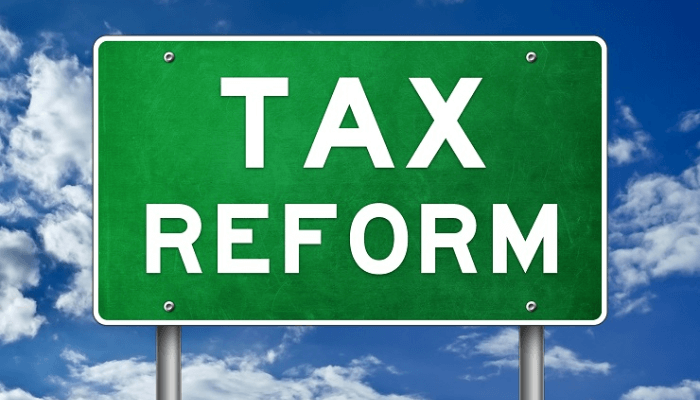Nigeria’s real estate industry may be on the verge of a major shake-up following the proposed tax reforms under the Presidential Fiscal Policy and Tax Reform Committee. The reforms are designed to reduce the cost of property transactions, boost affordable housing, and create a clearer regulatory environment for investors.
A key highlight of the proposal is the removal of Value Added Tax (VAT) on real estate transactions, meaning no VAT will be charged on land purchases, rent, or property sales. This move is expected to ease the financial burden on Nigerians, particularly low and middle income earners who have long struggled with high property costs.
The reform package also includes incentives for local producers of building materials such as cement, tiles, and blocks, offering them tax breaks and easier access to financing. This is expected to lower construction costs, encourage local production, and eventually reduce home prices. Rent agreements below ₦10 million annually will also be exempted from stamp duty, making rentals more affordable and encouraging landlords to keep rates competitive in mid-income housing areas.
Another critical part of the reform seeks to harmonize property taxes, streamline land titling processes, and eliminate overlapping charges from multiple agencies, giving investors much-needed clarity and confidence. Government officials have said that one of the main goals of the reform is to make housing more accessible and inclusive.
For buyers, the reforms could lower the final cost of acquiring property. Renters will benefit from the removal of VAT and stamp duty relief, while developers may see reduced construction costs. Investors, both local and in the diaspora, can look forward to a more transparent tax system. If fully implemented, the reforms could mark one of the most significant and investor-friendly shifts in Nigeria’s real estate sector in years.



